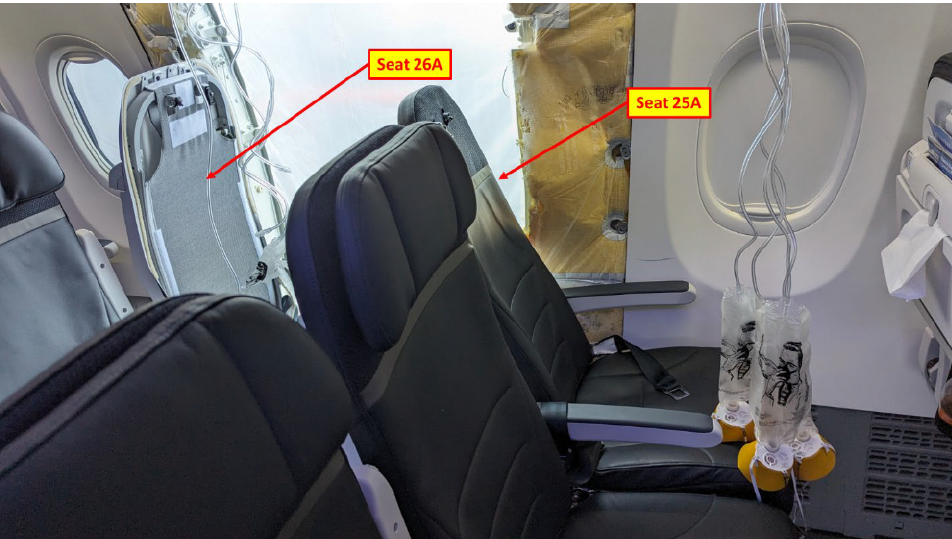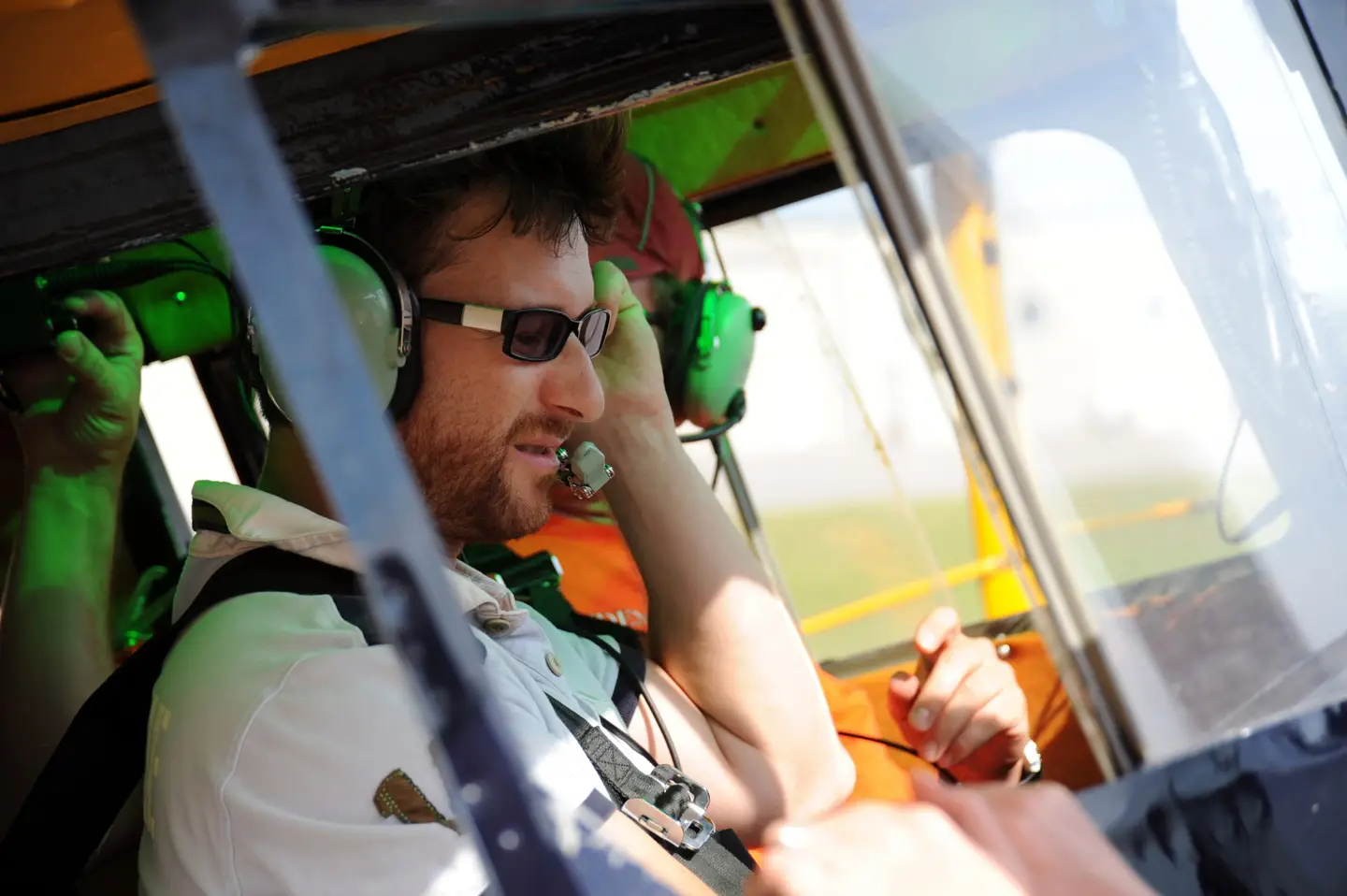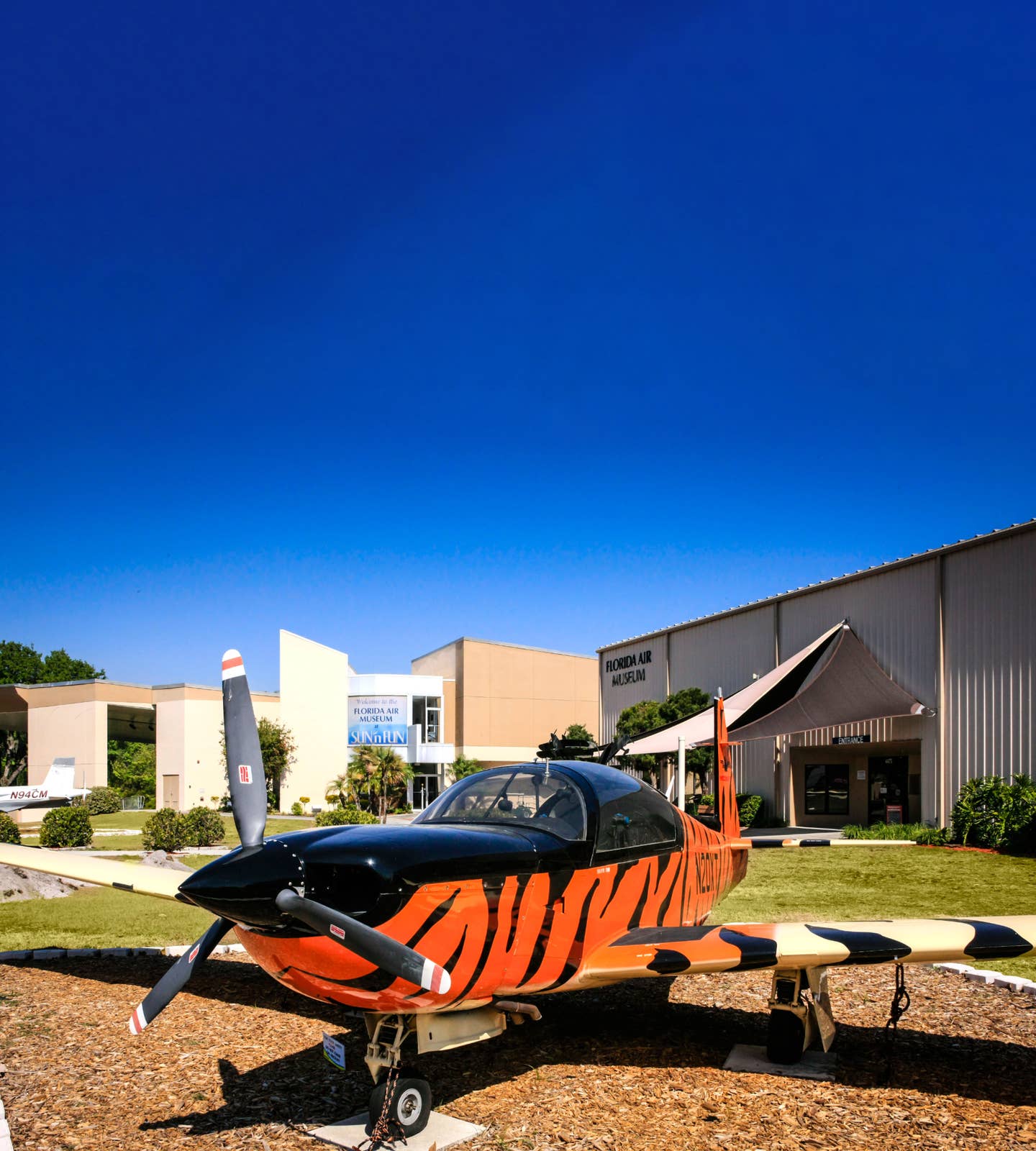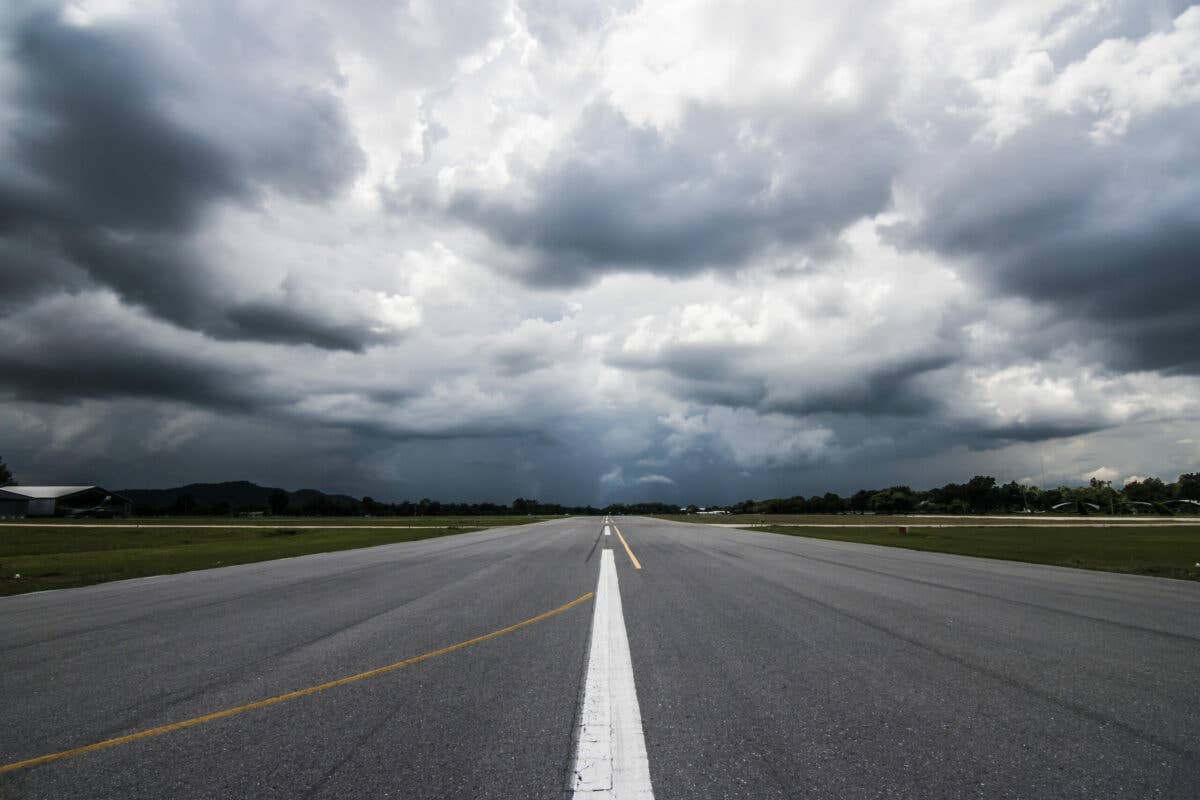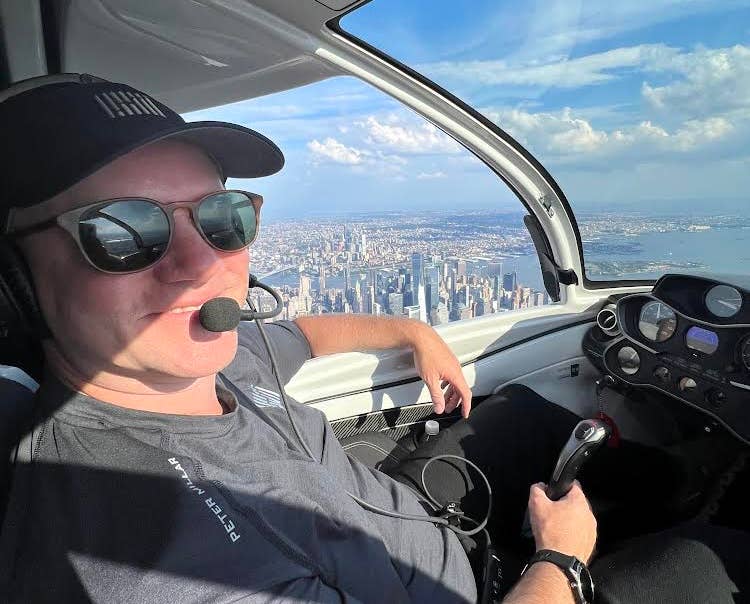Going Direct: Huge Dilemmas EAA Faced In Canceling AirVenture
The organization’s decision to call off the world’s biggest fly-in wasn’t an easy one, and its reasons for doing so were more complex than most might imagine.
As you've almost certainly heard by now, EAA has decided to cancel AirVenture 2020. The reasons the organization's leader, Jack Pelton, gave for the decision are good ones. EAA staff, volunteers and contractors needed to get started building the event on May 1st if it were to happen at all, EAA said.
And that's a problem. At this point, the state of Wisconsin has a stay-at-home order in place, and large gatherings are expressly prohibited. So not only is there no guarantee that AirVenture could have begun on July 20th, that is, if it had somehow magically been able to come together in the months leading up to the event under the social distancing orders, but there's no guarantee that such large gatherings would be okayed by Wisconsin by that time. In fact, if I had to bet, I'd say that they won't be.
In the release announcing the cancelation, Pelton mentioned a couple of issues related to public health, though he touched upon them lightly in what was a very thoughtfully crafted communication. He made prominent mention of the need to consider to the health and safety of those who would attend and alluded to the fact that they would be coming in from many states and countries, each with their own circumstances, and there's no imaginable way that EAA, or any other group, could possibly administer the task of deciding who gets to attend and who doesn't.
In fact, it's not the job of any event organizer to do such a thing. Indeed, that's almost certainly a big part of the calculus that other major events, from the Wimbledon tennis championships near London to Oktoberfest in Munich, used to make their calls to cancel their huge events. And make no mistake: Oshkosh AirVenture is a world-class event with world-class visibility.
Pelton made no mention of it in the cancelation press release, but another concern, I'm guessing, is that EAA membership is older, by and large, and male, so the risk in terms of the virus is greater, so far as we know about it (and we still have much to learn), so the risk to the attendees, exhibitors, volunteers and staffers is greater than for an event that might have a younger demographic. The Coachella music and arts fest, originally scheduled to take place in early April, has been rescheduled for October 9-11 and 16-18. It was a gutsy call, and organizers might have to cancel altogether regardless, but it did buy them some time. Then again, Coachella can get geared up for its event in a couple of weeks. This isn't the case with AirVenture. It takes a couple of months, and the clock ran out on that.
Some might question why EAA didn't choose to postpone, and Pelton addressed that, not directly, but unmistakably, saying that the organization looked at every possibility but concluded that cancellation was the only viable call.
There are political concerns, to be sure. At least some of EAA's members and attendees believe that social distancing has been overdone, that mandated stay-at-home orders are going too far and that individuals should have the right to decide whether to social distance or not. This view goes against the prevailing opinions of epidemiologists and virologists, but there's no denying the frustration and offense that proponents of easing or eliminating restrictions are feeling and expressing. EAA's decision to cancel the 2020 event will be seen by some as overriding the individual's right to decide on their own.
I disagree. The leadership of EAA has a mission to fulfill, and running the show with safety at the fore is a defining part of its mission. The call to cancel was the right one, which I've said before, and EAA's transparency and honesty in communication its process all along has been commendable.

Subscribe to Our Newsletter
Get the latest Plane & Pilot Magazine stories delivered directly to your inbox

